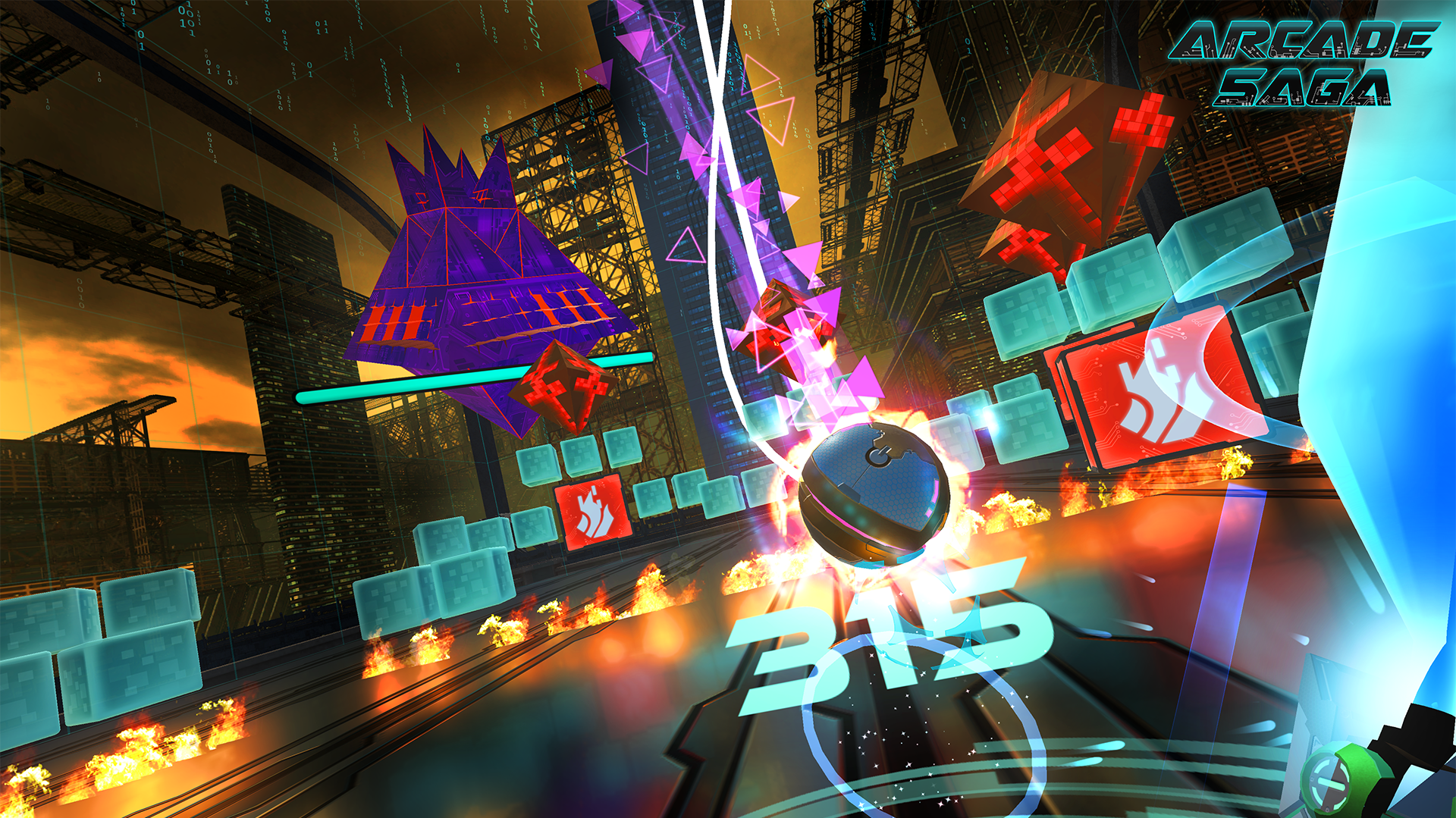HTC Forms Two VR Game And Software Development Studios
HTC announced that it's formed a new division, Vive Studios, to create and publish virtual reality (VR) content. The company also brought on former Microsoft Game Studios, Rockstar Games, and Midway developers to establish an internal VR game development group it's dubbed "2 Bears Studios."
The announcement comes during a flurry of VR news from HTC. The company recently announced that it expanded the first Viveport Game Awards (VGA) to include a community category, helped form the Global Virtual Reality Association (GVRA) to grow the VR industry, and now has created at least two divisions that will try to make sure the HTC Vive HMD has a steady influx of new VR experiences so consumers don't get bored of the system.
All of that was just within the last week. In November, the company also expanded the Viveport platform to China with a version of the VR marketplace, Viveport M, that is compatible with Android smartphones. Before that, it offered free Vive HMDs to Viveport community members who could think up accessories for the headset, and it also announced that its $100 million Vive X Accelerator Program was looking for more companies to bankroll.
If ever there were any questions about HTC's commitment to the VR market, these announcements should end them. The company is clearly viewing its VR platform as a vital aspect of its portfolio, and in this latest announcement, it explained how Vive Studios will complement all of these other efforts:
Vive Studios will use a publishing model similar to console games, where the label will produce first-party content through internal developers, such as 2 Bears, as well as partner with external developers. For external developers, Vive Studios is now a partner they can turn to for development funding as well as publishing and marketing support on VR content. Vive Studios is actively creating content across key categories for VR including games, education, cinematic, design, social, real-estate and sports, as well as tools and applications that can revolutionize areas such as media, retail, healthcare, and location-based entertainment centers and arcades.
Compare that to Oculus and its efforts to make sure content is available for the Rift HMD. The Facebook-owned company mostly supports other developers with relatively small investments via Launch Pad, which plans to distribute $250,000 between 11 different people, and the internal Story Studio is focused mostly on cinematic experiences and games. It also committed to investing more than $320 million in VR development at the Oculus Connect 3 conference in October. (That funding is split between a general fund of $250 million as well as other smaller, more specific investment plans.)
These programs can pay off. Oculus has also delivered the goods with Story Studio--its Henry animated short won an Emmy Award in September--and it's partnered up with companies like Epic to create VR content for the Rift. HTC released Arcade Saga 2, the first game from 2 Bears Studios, for $30 on Steam. Now the question is whether the same approach will work for both Oculus and HTC.
Get Tom's Hardware's best news and in-depth reviews, straight to your inbox.

Nathaniel Mott is a freelance news and features writer for Tom's Hardware US, covering breaking news, security, and the silliest aspects of the tech industry.
-
mrtouchngo This makes me really glad I bought a Vive. It's good to see that HTC is really going all in on VR. Unfortunately, HTC still needs to step up their customer support (though, so does Oculus and Valve, so...)Reply

